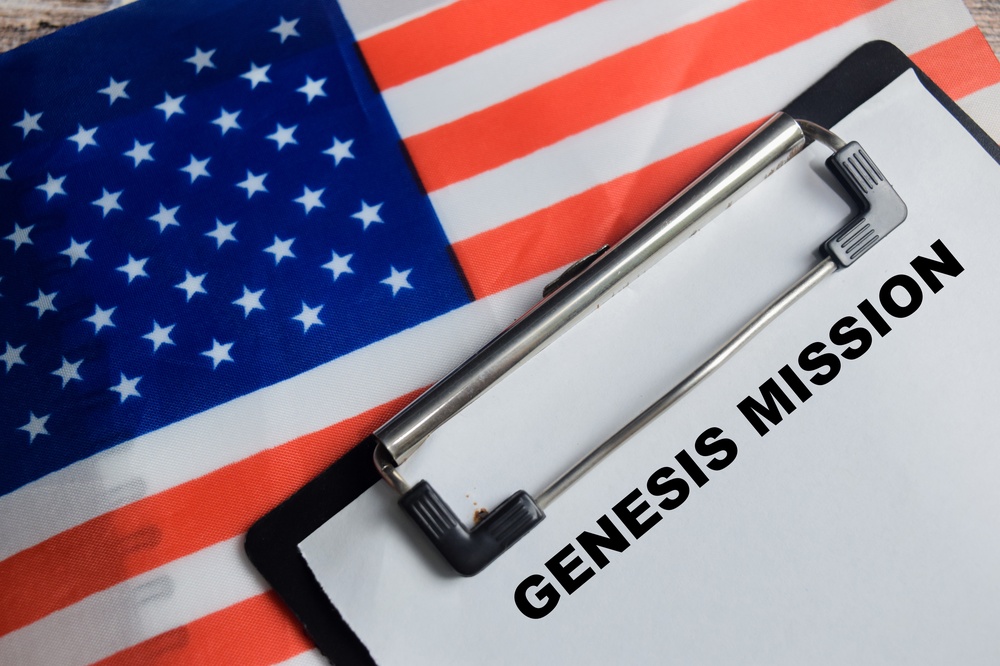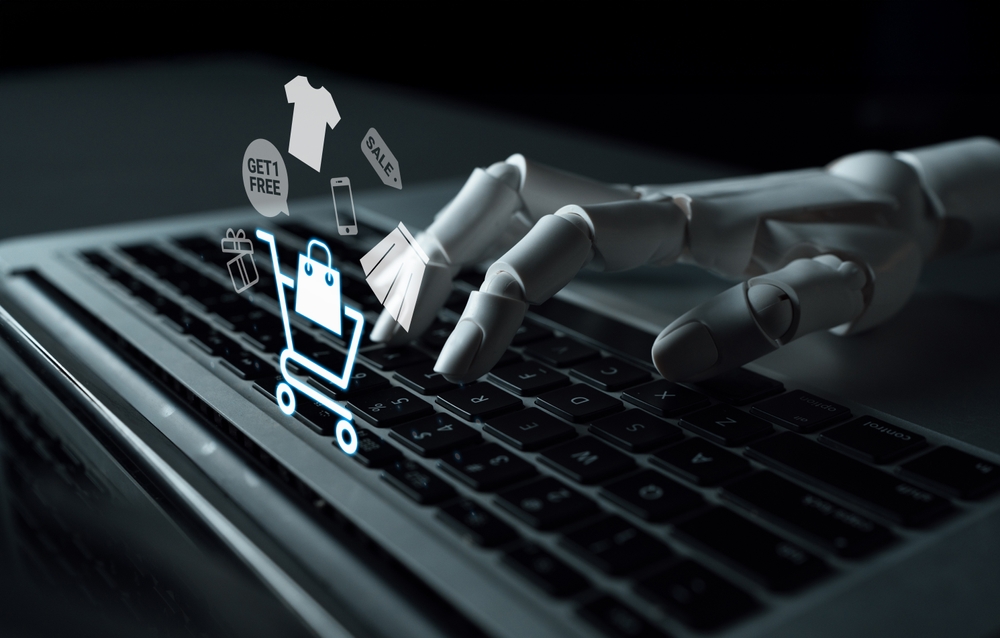Book Reviews
Philosophical Aesthetics
Quantum Computing
Global Value Chains
Peace and Stability Operations
Autonomous Intelligent Enterprise
Artificial Intelligence

Artificial Intelligence
The Frameworks Are Breaking — And So Are the Systems Built on Top of Them
Three converging events reveal a single crisis: our strategic frameworks for managing complexity are failing just as AI systems become too opaque to govern. A five-part essay series exploring solutions launches next week.

Artificial Intelligence
From RAGs to Riches
RAG enhances large language models by connecting them to external, up-to-date data sources, improving accuracy, reducing hallucinations, and enabling cost-effective, domain-specific AI applications without requiring expensive model retraining.

Artificial Intelligence
The Genesis Mission: Where is It Headed?
Trump's Genesis Mission leverages National Laboratories, supercomputers, and federal datasets to accelerate AI-driven scientific discovery. Twenty-four organizations including Anthropic and OpenAI joined. The initiative aims to compress research timelines while maintaining US leadership against China's growing R&D capabilities.

Artificial Intelligence
Orchestrating the Modern Supply Chain
Supply chains must evolve from digitalization to AI-powered orchestration for proactive decision-making. Enterra Solutions' System of Intelligence enables autonomous optimization across planning, execution, and learning, representing supply chain management's future.

Artificial Intelligence
Is Agentic Commerce the Next Big Thing in Retail?
Agentic commerce—AI agents making purchases for consumers—could generate $1-5 trillion by 2030. Though 95% of consumers harbor concerns, retailers must invest immediately in agentic capabilities or risk disintermediation.
.jpg)
Personal Dispatches: Reflections on today’s society through the lens of Fortune Magazine December 1941

Artificial Intelligence
Enterra Solutions Founder & CEO Stephen DeAngelis Joins The Schwab Network Watch List
In today’s dynamic market, businesses must be agile to navigate uncertainty caused by global challenges like pandemics, inflation and geopolitical tensions. On a recent Schwab Network segment with Caroline Woods, I discussed how leading CPG companies can drive growth and profit by optimizing revenue growth drivers of price, promotion, assortment and media mix spend by leveraging AI strategically.

Artificial Intelligence
What Does the Future Look Like for Online Grocery?
This article discusses the growth and future of online grocery shopping, highlighting its rise during the pandemic and continued popularity. It explores consumer preferences, challenges, and the potential impact of generative AI on personalizing the online grocery experience.

Artificial Intelligence
QUICK DISPATCH: IBM Watson Research Laboratory
Today, I was excited to meet fellow technologists for a super interesting collaboration day today at IBM Watson Research Labs exploring the practical and future states of computing and high performance compuational technology and techniques.

Artificial Intelligence
Fast Company: This is How AI Can Revive America's Middle Class
As featured in Fast Company, Steve discusses AI's potential to revitalize America's middle class in a Fast Company article. He argues AI will create new job opportunities, facilitate upward mobility, and offset globalization's impact. Public-private partnerships and investments in AI education are crucial for this transformation.


